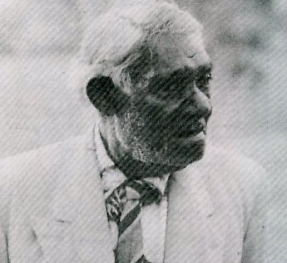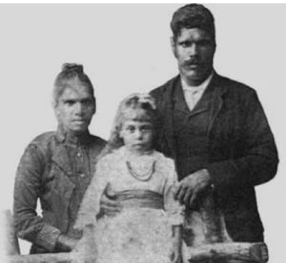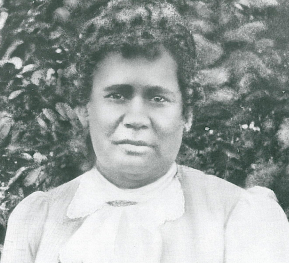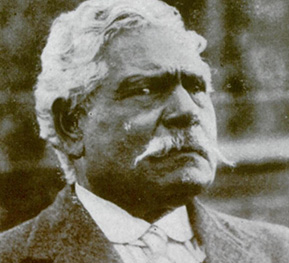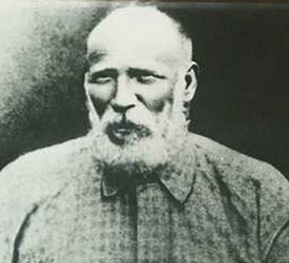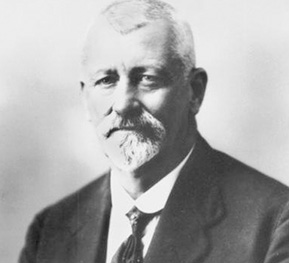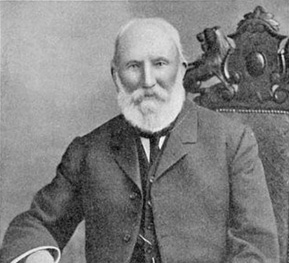Our languages
The Aboriginal languages of eastern Australia, specifically in the region stretching from Southeast Queensland (SEQ) to Bundaberg, encompass a variety of fascinating languages, including Yugambeh, Yuggera, Wakka Wakka, Kabi Kabi, Jandai and more.
Modern efforts are built on the work of generations of language keepers within and outside of Aboriginal Communities. The languages serviced by the South East Queensland Indigenous Language Centre have been extensively documented and studied by a multitude of experts, amateurs, locals, and Aboriginal people themselves.
Yugambeh
In the late 19th and early 20th centuries, linguistic scholars such as Archibald Meston, John Mathew, and A.R. Radcliffe-Brown conducted research on the Yugambeh language.
Their work included wordlists, grammatical descriptions, and ethnographic observations. These early studies laid the foundation for understanding the structure and vocabulary of Yugambeh.
Discover the Historical Wordlists & the People Behind Them
Yuggera
The documentation on Yuggera began with early European explorers and settlers recording their interactions with the local Indigenous communities. These records provided valuable insights into the language, although they often reflected the biases and limited understanding of the time.
In the late 19th and early 20th centuries, linguistic scholars such as Archibald Meston, Thomas Hardcastle, and Eipper conducted research on the Yuggera language. Their work included wordlists, grammatical descriptions, and ethnographic observations. These early studies laid the foundation for understanding the structure and vocabulary of Yuggera.
Discover the Historical Wordlists & the People Behind Them
Turrubul
The documentation on Turrubul began with early European explorers and settlers recording their interactions with the local Indigenous communities. These records provided valuable insights into the language, although they often reflected the biases and limited understanding of the time.
In the late 19th and early 20th centuries, linguistic scholars such as Archibald Meston, William Eipper, and Andrew Petrie conducted research on the Turrubul language. Their work included wordlists, grammatical descriptions, and ethnographic observations. These early studies laid the foundation for understanding the structure and vocabulary of Turrubul.
Jandai
The documentation on Jandai began with early European explorers and settlers recording their interactions with the local Indigenous communities. These records provided valuable insights into the language, although they often reflected the biases and limited understanding of the time.
In the late 19th and early 20th centuries, linguistic scholars such as Archibald Meston, Thomas Welsby, and George Watkins conducted research on the Jandai language. Their work included wordlists, grammatical descriptions, and ethnographic observations. These early studies laid the foundation for understanding the structure and vocabulary of Jandai.
Discover the Historical Wordlists & the People Behind Them
Wakka Wakka
The documentation on Wakka Wakka began with early European explorers and settlers recording their interactions with the local Indigenous communities. These records provided valuable insights into the language, although they often reflected the biases and limited understanding of the time.
In the late 19th and early 20th centuries, linguistic scholars such as Archibald Meston, John Mathews, and Nils Holmer conducted research on the Wakka Wakka language. Their work included wordlists, grammatical descriptions, and ethnographic observations. These early studies laid the foundation for understanding the structure and vocabulary of Wakka Wakka.
Discover the Historical Wordlists & the People Behind Them
Kabi Kabi
The early European explorers and settlers who interacted with the Kabi Kabi people left behind valuable documentation. These records, while influenced by the biases and limited knowledge of the time, provide important insights into the Kabi Kabi language.
In the late 19th and early 20th centuries, linguistic scholars like Archibald Meston, John Mathews, and Nils Holmer studied the Kabi Kabi language. They created word lists, described grammar, and made ethnographic observations. Their research provided a solid base for understanding the structure and vocabulary of Wakka Wakka.

